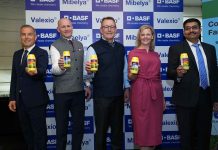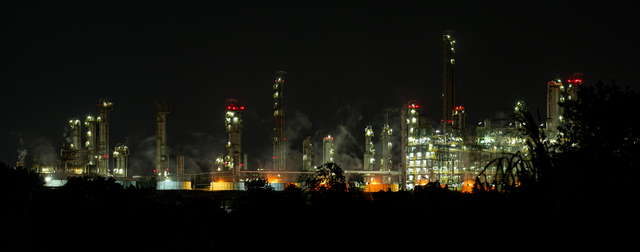Caitlyn India Pvt. Ltd. announced a ₹400 crore investment to establish a state-of-the-art, integrated phosphoric acid plant with a capacity of 50,000 tons per annum (TPA). Caitlyn India will locate the facility in a port-accessible industrial zone and is currently assessing site options in southern India. The project will span approximately 30 to 50 acres, strategically chosen for logistical efficiency.
Advanced Technology for Sustainable Manufacturing
The upcoming plant will adopt hemihydrate–dihydrate (HH-DH) technology, allowing for the production of high-purity phosphoric acid and cleaner gypsum by-products. To ensure operational efficiency, the facility will also house a captive sulphuric acid unit, lowering input costs and enhancing integration. CIPL aims to commission the plant by FY 2027. In the initial phase, the output will cater to Indian fertiliser manufacturers, while the company also plans to utilise part of the acid for its future NPK fertiliser plant.
Bridging the Supply Gap in India’s Fertiliser Sector
“India’s phosphoric acid market is expanding rapidly, but domestic supply continues to lag behind demand,” said Agnivesh Agarwal, Director at CIPL. “This investment reflects our commitment to support the country’s fertiliser sector with high-quality, locally produced inputs, while also building a globally competitive, sustainable manufacturing facility,” Agarwal added.
Experts project India’s demand for phosphoric acid to rise significantly—from 4,948 ktpa in 2018 to 8,773 ktpa by 2030—due to higher fertiliser use and growing agricultural productivity targets. Despite this growth, India continues to rely on imports, underscoring the importance of boosting domestic production.
Market Outlook and Raw Material Strategy
Experts expect the Indian phosphoric acid market, valued at $2.62 billion in 2024, to reach $4.91 billion by 2033, growing at a CAGR of 6.7 percent. To ensure stable supply and pricing, CIPL plans to import rock phosphate—its primary raw material—from Morocco, Jordan, and Egypt. The company is actively exploring long-term contracts with global suppliers to secure consistent input availability.
Supporting National Goals and Agri-Industry Growth
The project aligns with India’s broader goals of fertiliser self-sufficiency and reducing import dependence. According to IBEF, the Indian fertiliser industry is poised to reach ₹1.38 lakh crore by 2032. In FY24 alone, fertiliser production hit 45.2 million tons, backed by government initiatives promoting balanced nutrient application, technological upgrades, and innovations such as nano-liquid fertilisers.
Caitlyn India investment is also expected to generate significant direct and indirect employment, both during construction and once the plant becomes operational. As reported by constructionweekonline.in, moreover, it will help strengthen India’s agri-input manufacturing ecosystem, reinforcing the country’s position as a growing player in the global fertiliser market.

































